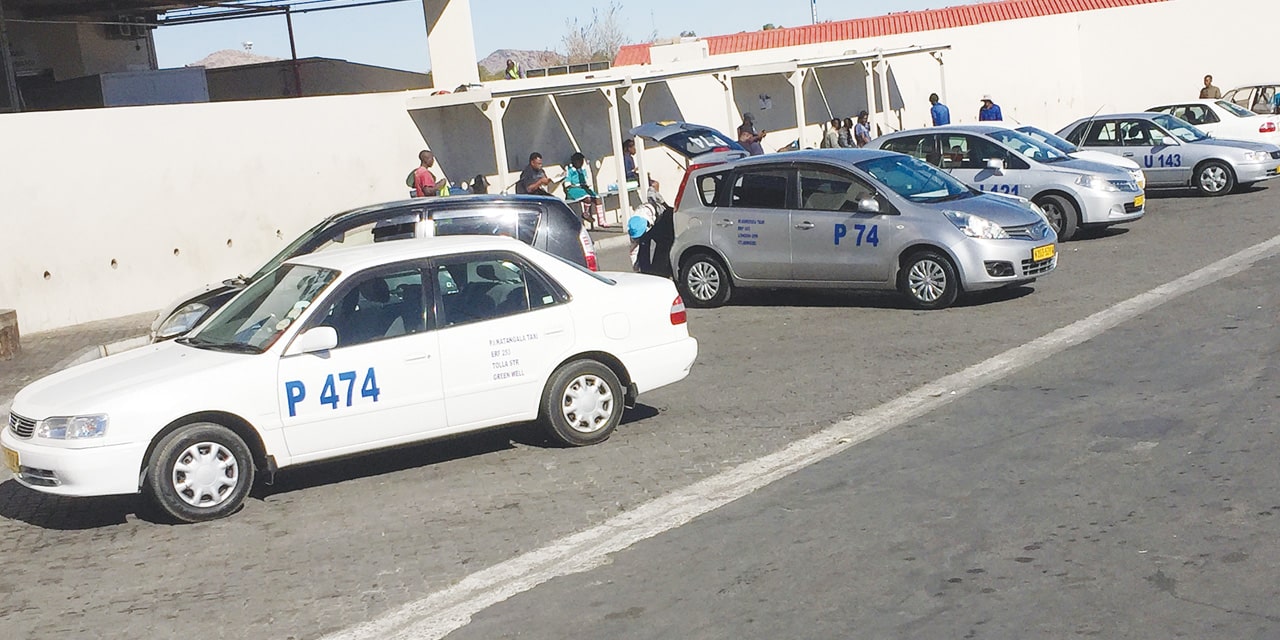Andrew Kathindi
Controversial Namibia Transport and Taxi Union (NTTU) boss Werner Januarie has warned that should the government insist returning the fares charged by taxis back to N$12, steps will be taken to force passengers to pay double, arguing that the law makes provision for this.
“Under the regulations of the Roads Authority Act 17 of 1999, taxis are allowed to charge double when they drop a passenger where there is no taxi rank. There is a difference between a taxi rank and a taxi stop. It’s two completely different things.”
It is generally understood that due to the lack of sufficient city infrastructure, most passengers are unable to finalize their trips at a taxi rank or taxi stand. Passengers generally disembark at their destination, regardless of whether there is a taxi rank.
Januarie further called the return to N$12 a “punishment” arguing that taxi business has already been negatively impacted due to a declining economy.
He called on taxi operators to approach his office as soon as the N$12 fare is made official so they can plan how the way forward on how to charge double.
“The road transportation board is allowed under the Road Transport Act 74 of 1977 to make policy. Currently that is the policy of the road transportation board that flat rate is only chargeable from taxi rank to taxi rank,” he said.
This comes as President Hage Geingob announced new measures as per the regulations under the provisions of the Public and Environmental Health Act, which will come into effect tomorrow, 22 October.
“Restrictions on passenger numbers in public transport, private vehicles and group tour operators are herewith lifted. This means, vehicle occupancy can revert to the respective carrying capacities of a particular vehicle. However, drivers, passengers and operators are required to continue taking the necessary precautions,” Geingob said.
Justice Minister Yvonne Dausab said since taxis are now allowed to carry a full load of passengers, the fee will also revert to the initial N$12.
“We had reduced the number of passengers at the time because of the circumstances [with social distancing required by the pandemic]. It was important at that time. Given that we are now doing away with those restrictions, the price goes back to what was there. It has to be readjusted. “
This comes as NTTU had previously asked the Ministry of Works and Transport to make the N$14 COVID-19 increment permanent, even when the restrictions around full loading for taxi operators were lifted. The Works Minister John Mutorwa declined the proposal.
“Therefore, the increment is temporary and will cease at the end of the state of emergency or until full capacity loading is permitted. Hence the 15 percent increment cannot stand permanent as you proposed, due to the fact that the motivational factors surrounding the recent bus and taxi fare increase are provisional and temporary,” said Mutorwa.




